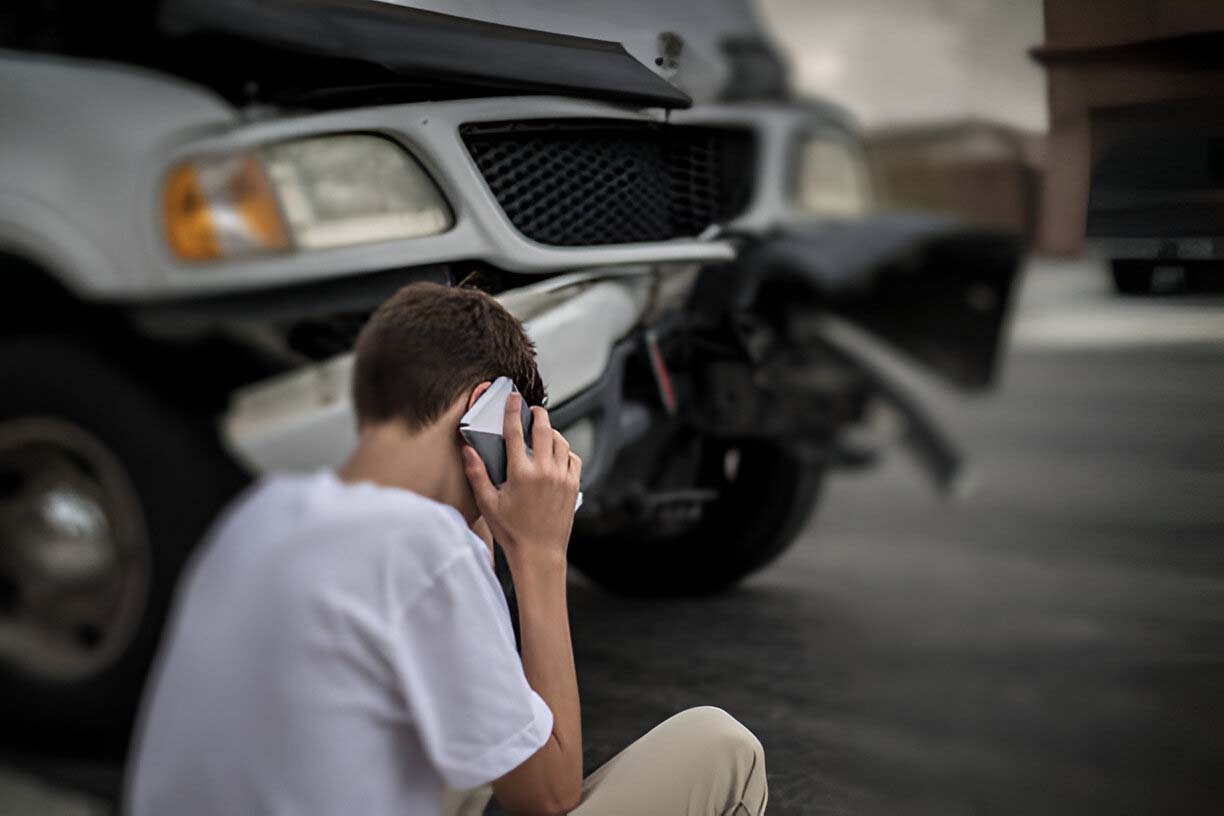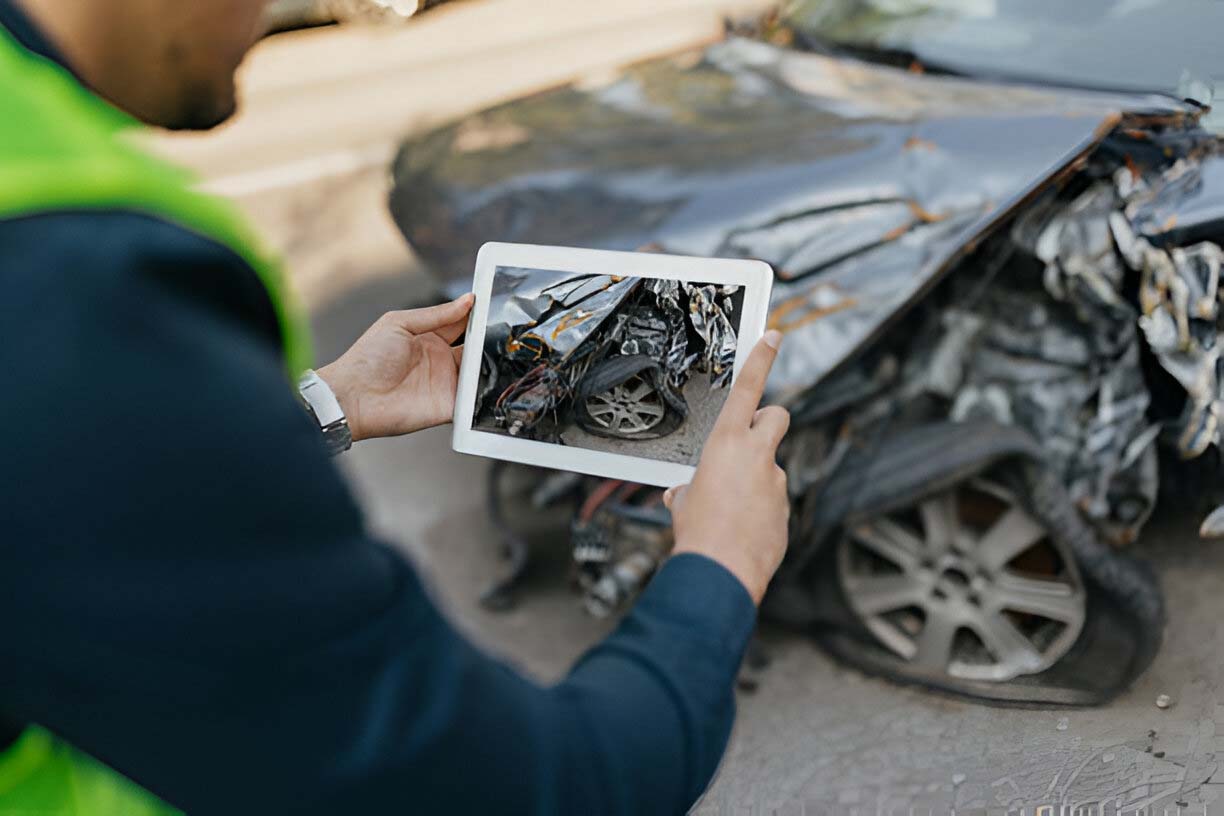Car accidents can be stressful, disorienting, and overwhelming. It might seem natural to apologize in the heat of the moment, but doing so can have enormous legal and financial repercussions. Many people need to be aware that admitting fault at the scene of a road mishap can impact their insurance claim process and legal standing. This blog post highlights why you should avoid admitting fault after a car accident, providing you with crucial insights to protect your interests.

The Legal Implications of Admitting Fault
Admitting fault at the scene of an unfortunate incident can create legal complications. In many jurisdictions, any statement made by a driver about fault can be used as evidence in court. According to a reputable Head-On Collision Attorney, law enforcement, insurance companies, and legal representatives can interpret your words as a definitive statement of liability, which might not reflect the full circumstances of the incident. Therefore, staying silent about fault ensures your legal rights are protected.
The Importance of Legal Representation
Engaging a lawyer after an accident can help protect your interests. Legal professionals understand the complexities of traffic laws and insurance policies. They can guide you in communicating effectively after an accident and represent you in disputes, ensuring your rights are protected throughout the claims process.
Insurance Ramifications of Admitting Fault
Insurance policies are complex, and admitting fault can negatively affect your claim. Insurance companies investigate all aspects of an accident to determine liability. If you’ve acknowledged fault, contesting any decisions they make regarding your claim can be challenging. Your premiums could also increase, as insurers often adjust rates based on perceived risk and past incidents.
Communicating With Insurance Companies
When dealing with insurance companies, be factual and concise. Provide the necessary details about the accident, but avoid speculating about responsibility. Insurance adjusters are trained to identify admissions of fault, so it’s best to stick to the facts. If you need help proceeding, consult your lawyer before making any statements.
The Complexity of Fault Determination
Determining fault in an unfortunate incident can be complicated. Factors like distracted driving, weather conditions, and mechanical failures can all contribute. By not admitting fault, you allow investigators to piece together the actual cause of the accident, ensuring all contributing elements are considered before liability is assigned.

The Role of Accident Reports
Accident reports play an essential role in determining fault. They provide an objective account of the accident scene, including witness statements, weather conditions, and vehicle positions. By allowing law enforcement to create an unbiased report, you preserve an impartial record of the events. This documentation is critical if liability disputes arise later.
When Silence is Golden
Silence doesn’t mean you have to be uncooperative. It simply involves refraining from making statements about fault. Instead, focus on gathering information, taking pictures, and exchanging contact details with involved parties. This approach helps ensure you have all the necessary information for insurance and legal proceedings without unintentionally admitting responsibility.
Gathering Essential Evidence
Collecting evidence is crucial after an accident. Photograph the scene, noting vehicle damage, road conditions, and any visible injuries. Talk to witnesses, taking down their statements and contact information accordingly. This evidence can support your case, providing a clearer picture of what happened and proving invaluable if you’re unfairly accused of fault.
Understanding the Emotional Chaos of an Accident
After an accident, emotions run high. It’s common to experience shock, fear, and anxiety, which can cloud your judgment. During these moments, you may feel an impulse to apologise. However, it’s important to remember that an apology can be misinterpreted as an admission of guilt, even when you’re not entirely to blame. Knowing how to manage your emotions and reactions can significantly affect how the aftermath unfolds.
The Psychological Impact of Taking Blame
Blame can carry a psychological burden, affecting your mental well-being. Guilt and regret over an accident can be distressing, especially if it wasn’t entirely your fault. Refraining from admitting blame makes you better positioned to move forward, focusing on recovery and resolution rather than dwelling on guilt.
Preparing for the Unexpected
Life is unpredictable, and unfortunate accidents can happen to anyone. Being prepared for such events ensures you handle them effectively. By understanding the importance of not admitting fault, you can better manage the situation, protect your rights, and minimise potential adverse outcomes, allowing you to move forward confidently.
Car accidents are never easy, but knowing how to react can mitigate their impact. Avoiding an admission of fault is crucial for protecting your legal standing and ensuring fair treatment by insurance companies. By remaining calm, collecting evidence, and consulting with a legal professional, you safeguard your interests and set the stage for a just resolution. For further guidance or clarification on handling car accidents, consider contacting a legal expert who can provide personalised advice tailored to your circumstances.








